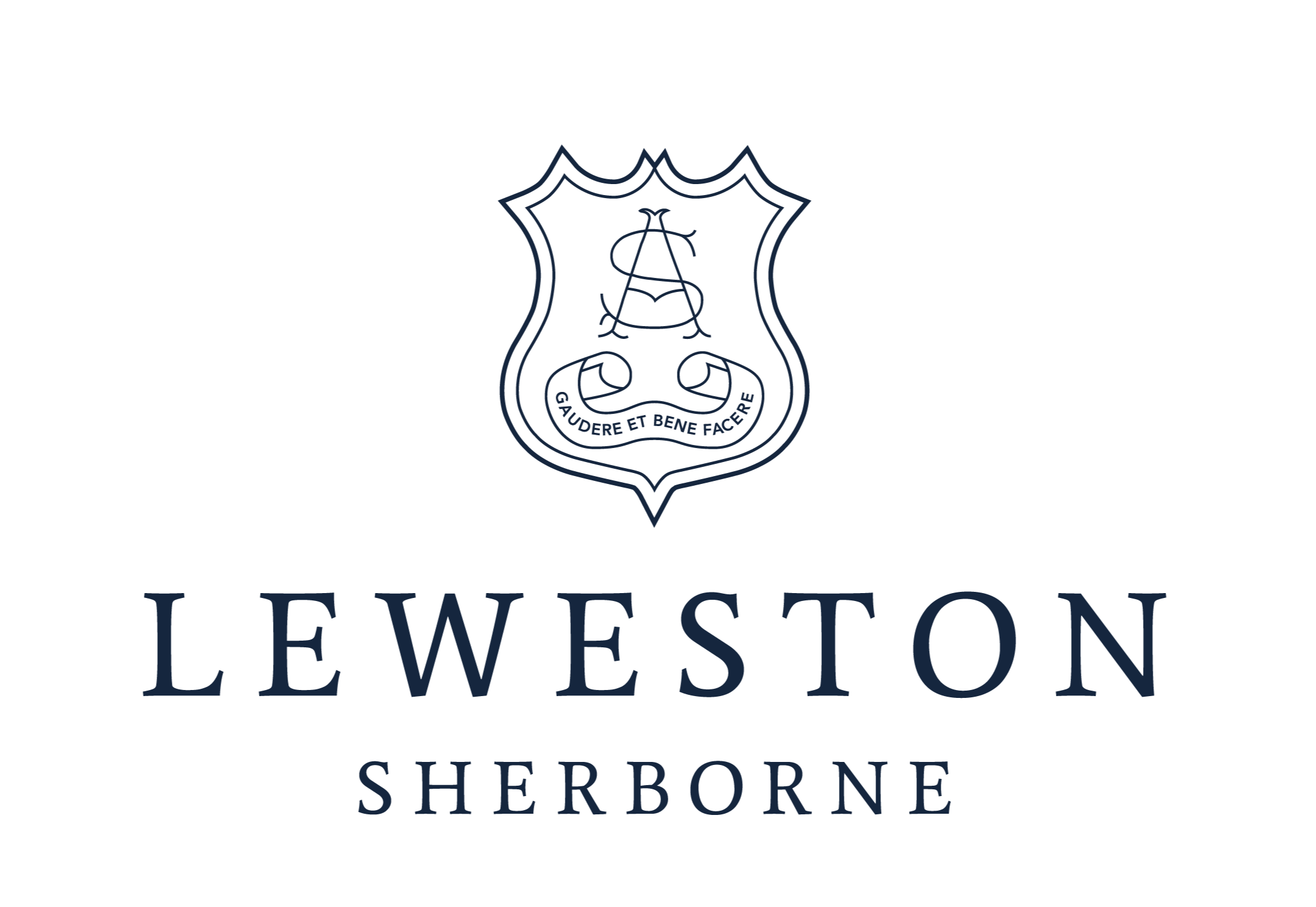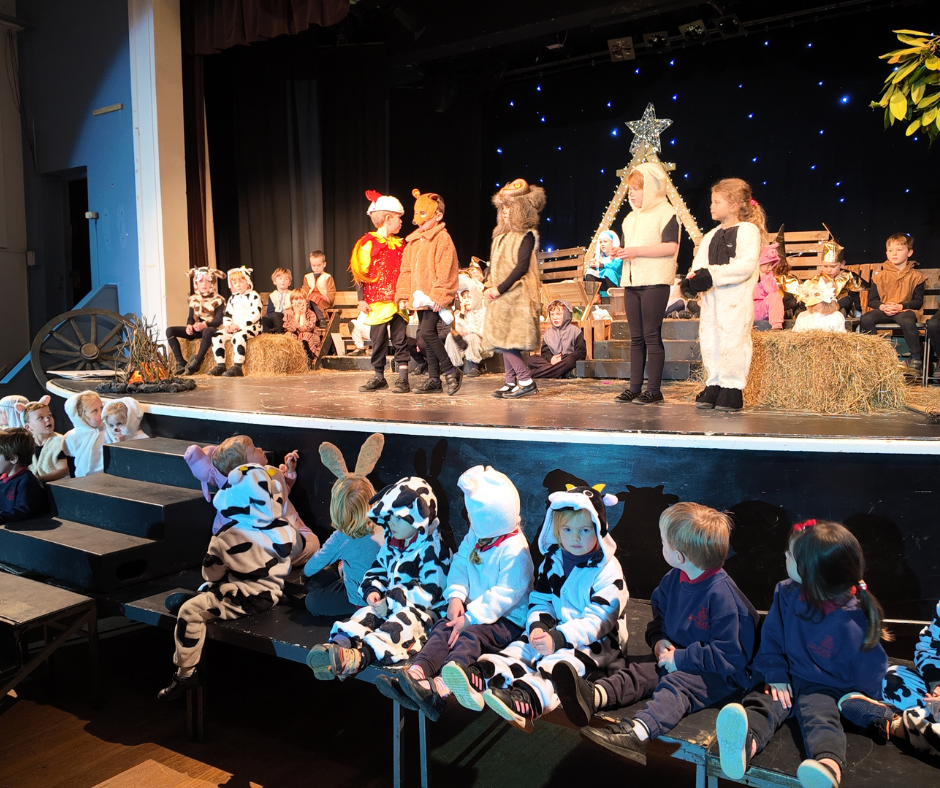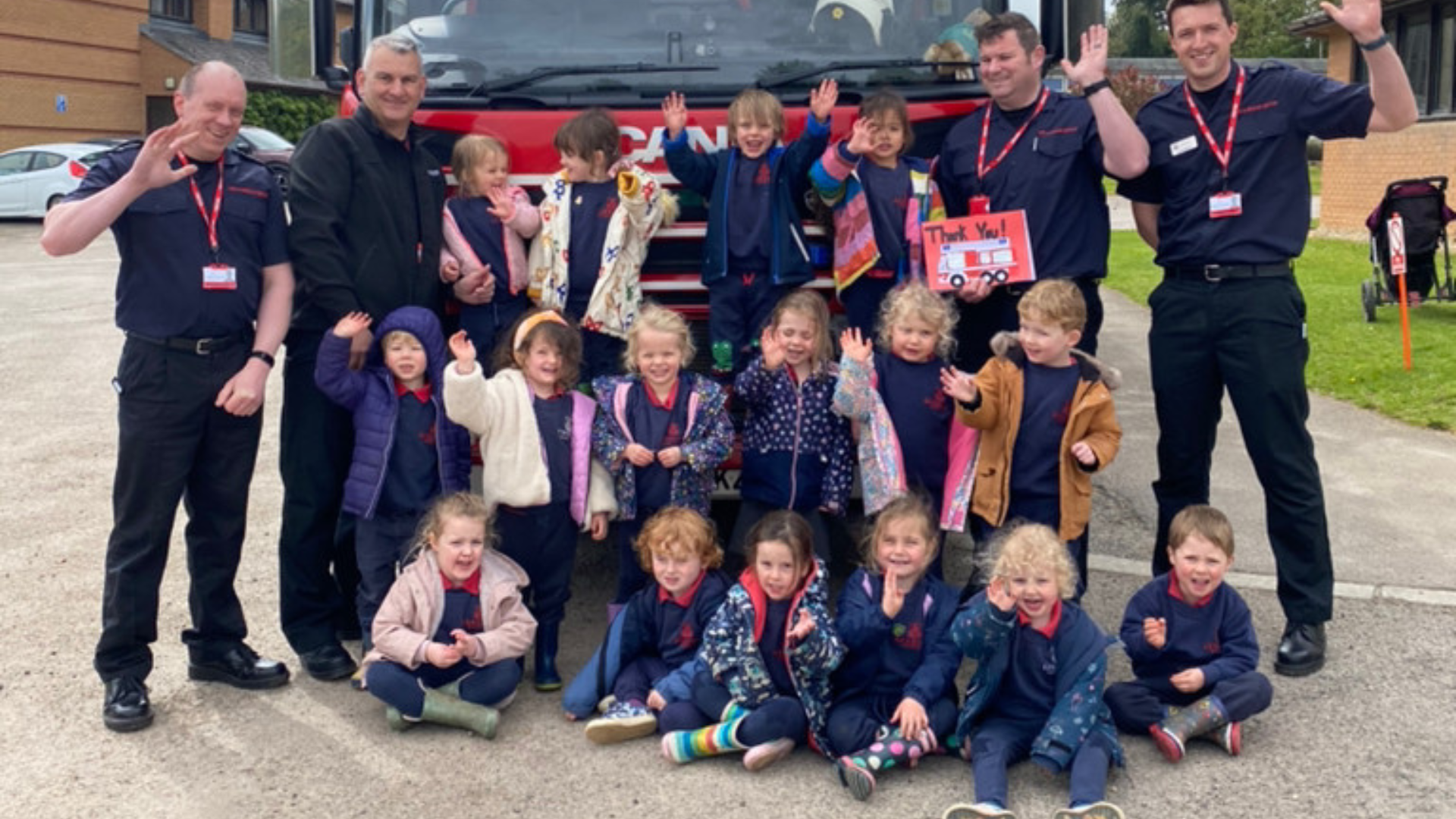Enhanced Curriculum
- Nursery
- Enhanced Curriculum
"Our little girl has flourished at the nursery at Leweston. She has loved the learning environment and loves coming to nursery in the morning."
Nursery Parent
EYFS Development Rainbow
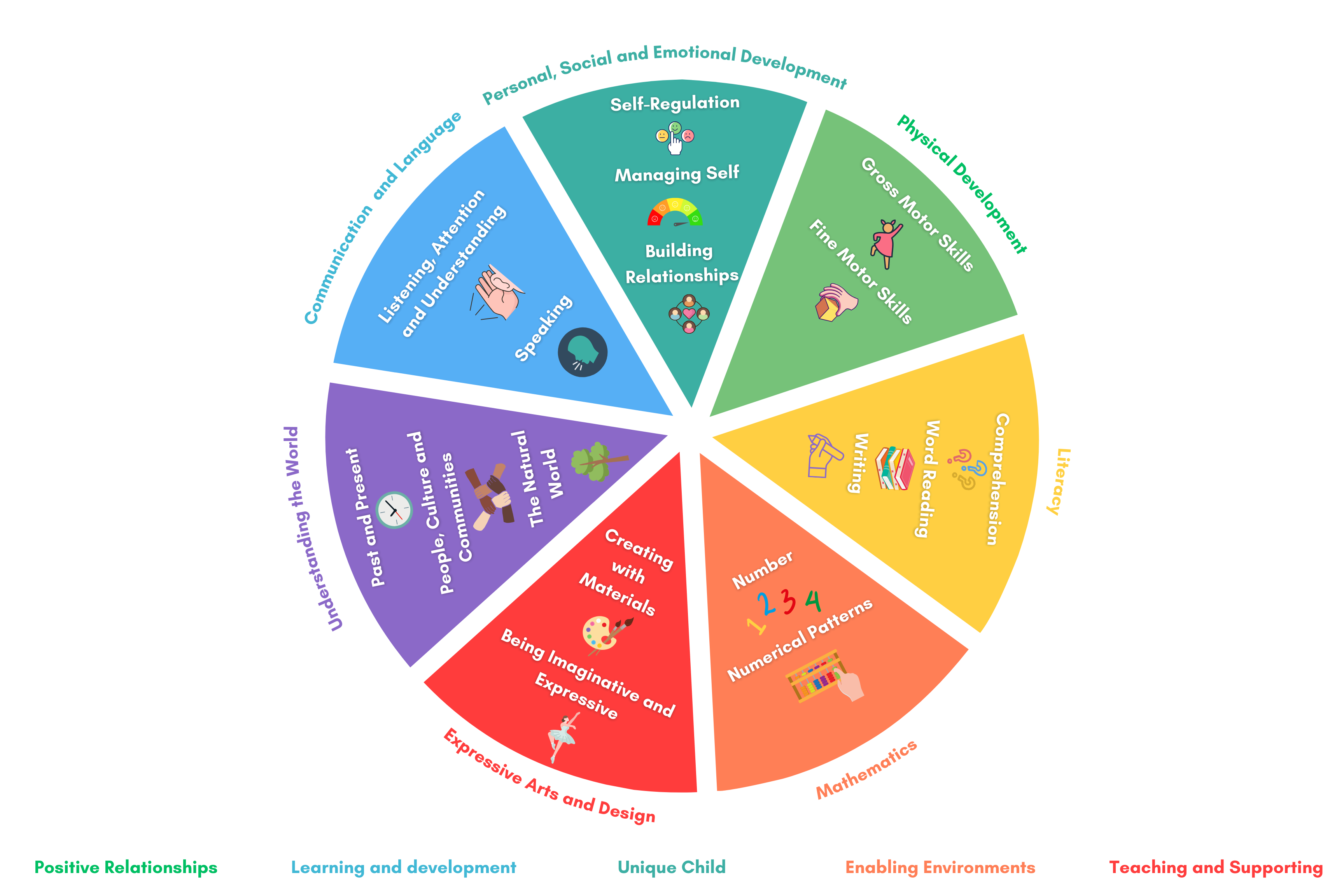
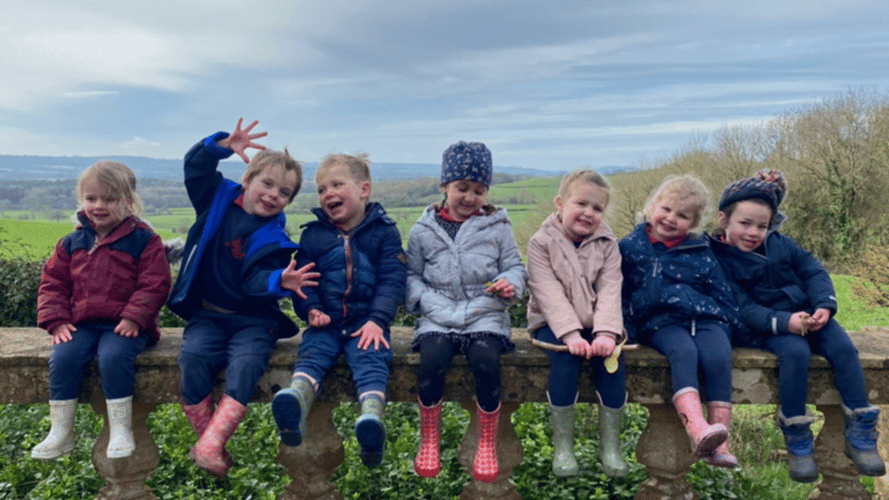
At Leweston we believe that the key to early development is a broad field of experience. The more that children are able to try things, the more it builds their confidence and abilities, and the more likely it is that they will discover the things that they love.
As such, our Pre-School age children benefit from our enhanced curriculum, which includes the following wonderful opportunities;
Music
 Our wonderful Head of Music and Performing Arts works with our Pre-School age pupils each week in a specialist music session. The pupils are able to explore a range of instruments and develop an ear for rhythm and tune, as well as learning to sing a variety of exciting musical numbers. These lessons are held in our beautiful whole-school music department, complete with its recording studio and performance spaces.
Our wonderful Head of Music and Performing Arts works with our Pre-School age pupils each week in a specialist music session. The pupils are able to explore a range of instruments and develop an ear for rhythm and tune, as well as learning to sing a variety of exciting musical numbers. These lessons are held in our beautiful whole-school music department, complete with its recording studio and performance spaces.
Swimming
 Our team of expert swimming coaches lead a weekly swimming lesson for our Pre-School age children. Based on developing their confidence in the water, these lessons are led in very small groups and are full of basic water movement activities, blended with fun and games.
Our team of expert swimming coaches lead a weekly swimming lesson for our Pre-School age children. Based on developing their confidence in the water, these lessons are led in very small groups and are full of basic water movement activities, blended with fun and games.
P.E.
 Led by our Head of Prep Physical Education, our pupils benefit from a weekly specialist PE lesson in which they develop their fundamental movement skills. From early ball skills to gymnastics and sport stamina, these sessions are formulated to ensure that the pupils make the strongest possible start in their sporting education, while also developing a love of physical activity. We benefit from the use of the wider school sporting facilities, including tennis courts, sports pitches, an astro-turf and sports halls.
Led by our Head of Prep Physical Education, our pupils benefit from a weekly specialist PE lesson in which they develop their fundamental movement skills. From early ball skills to gymnastics and sport stamina, these sessions are formulated to ensure that the pupils make the strongest possible start in their sporting education, while also developing a love of physical activity. We benefit from the use of the wider school sporting facilities, including tennis courts, sports pitches, an astro-turf and sports halls.
Forest School
 We benefit from a designated Forest School space on the school site – a 4 acre dense woodland, known as ‘The Enchanted Wood’, in which a clearing holds a fire circle and parachute covering. In this space, our pupils benefit from regular Forest School sessions with our fully qualified Forest School leader. In their weekly session, our Pre-School age pupils learn to explore and engage in their outdoor environment, working together and problem solving in real, hands-on activities.
We benefit from a designated Forest School space on the school site – a 4 acre dense woodland, known as ‘The Enchanted Wood’, in which a clearing holds a fire circle and parachute covering. In this space, our pupils benefit from regular Forest School sessions with our fully qualified Forest School leader. In their weekly session, our Pre-School age pupils learn to explore and engage in their outdoor environment, working together and problem solving in real, hands-on activities.
Languages
 Our pupils have a 30 minute weekly language lesson in French or Spanish with our Head of Prep. Using a combination of song, games and stories, the children are exposed to these languages in a fun and engaging manner, developing an awareness and understanding that underpins later linguistic learning.
Our pupils have a 30 minute weekly language lesson in French or Spanish with our Head of Prep. Using a combination of song, games and stories, the children are exposed to these languages in a fun and engaging manner, developing an awareness and understanding that underpins later linguistic learning.
Cookery
 We love to cook at Leweston! Making use of our dedicated stable kitchen space, groups of pupils are regularly taken to bake and create their own goodies to sample. Pupils as young as 1.5 years enjoy the chance to experiment with cookery, exploring change and transformation as they do so.
We love to cook at Leweston! Making use of our dedicated stable kitchen space, groups of pupils are regularly taken to bake and create their own goodies to sample. Pupils as young as 1.5 years enjoy the chance to experiment with cookery, exploring change and transformation as they do so.
These additional offerings are all included in our daily fees.
We also offer the following opportunities which are available for a small weekly charge;
Ballet/Dance
 Our pupils are able to register for a weekly dance lesson with Miss Michaela. These lessons encourage children to combine their imaginations with dance using movement and song.
Our pupils are able to register for a weekly dance lesson with Miss Michaela. These lessons encourage children to combine their imaginations with dance using movement and song.
Rugby Tots
 These fun, structured play sessions take children on a journey of sporting imagination with engaging and energetic coaches supporting them every step of the way whilst teaching how to catch, pass, kick, run with the ball and play as part of a team.
These fun, structured play sessions take children on a journey of sporting imagination with engaging and energetic coaches supporting them every step of the way whilst teaching how to catch, pass, kick, run with the ball and play as part of a team.
